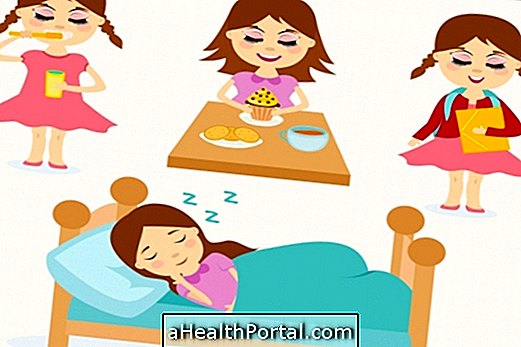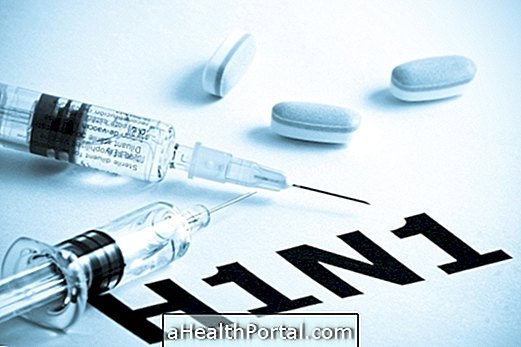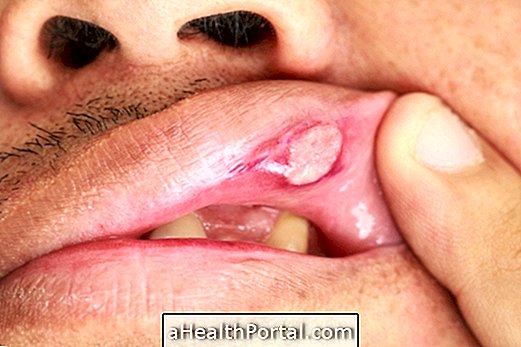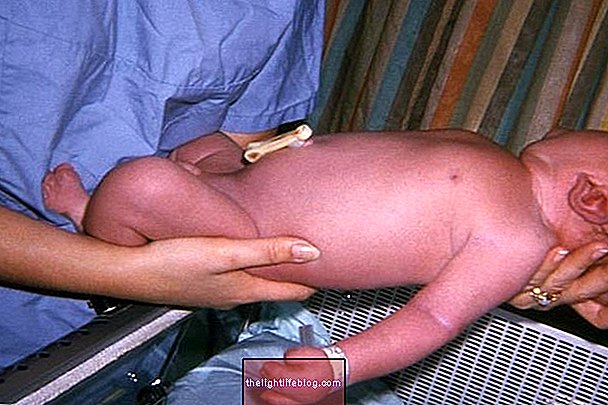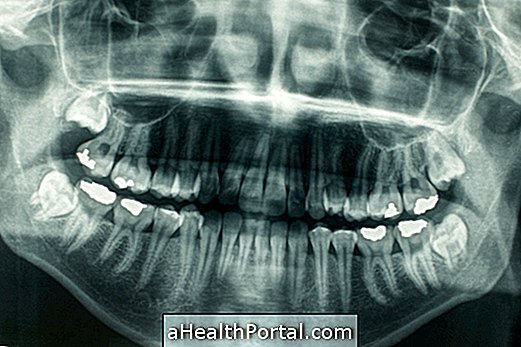Local fever, headache, bloating, or redness are some of the most common side effects of vaccines, which can occur within 48 hours after administration. Often, these side effects manifest themselves more quickly in children, often making them irritable, restless and crying.
In most cases the symptoms manifested are not serious and pass between 3 to 7 days, without needing medical help.
How to relieve the most common symptoms
Some of the most common symptoms include fever, redness and local pain, and to relieve these symptoms there are some home-made techniques that relieve the discomfort caused by the vaccine.
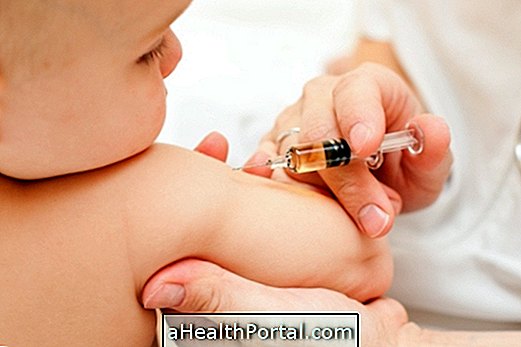
1. Redness, swelling and pain on the spot
After application of the vaccine, the arm or leg region may become red, swollen, and hard, causing pain when touched or touched. These symptoms are common and are not serious and can cause discomfort and limit movement for a few days.
What to do: To relieve these symptoms it is indicated to apply ice at the vaccine site for 15 minutes, 3 times a day until symptoms subside. The ice should be covered with a cotton cloth or cloth so that it does not come into direct contact with the skin.
2. Fever or headache
After vaccination, a low fever may occur for 2 or 3 days. In addition, headache is also common in these cases, especially on the day the vaccine was administered.
What to do: To reduce fever and headache, antipyretic drugs and painkillers prescribed by your doctor, such as Paracetamol, may be taken to help relieve fever and pain. These remedies can be prescribed in the form of syrup, drops, suppository or tablets, and the recommended doses should be indicated by the pediatrician or general practitioner.
3. Discomfort and tiredness
After the application of a vaccine it is normal to feel discomfort, tiredness and drowsiness, besides being common gastrointestinal alterations like nausea, diarrhea or lack of appetite.
In the case of the baby or child these symptoms can be manifested through constant crying, irritability and unwillingness to play, and the baby may also be drowsy and without appetite.
What to do: To alleviate discomfort it is necessary to eat light foods throughout the day, such as vegetable soup or cooked fruit, for example, always drinking plenty of water throughout the day to ensure hydration. In the case of the baby, you should choose to give small amounts of milk or potatoes to avoid unwellness. Sleep also helps to recover more quickly, so it is also indicated to rest well and sleep well within 3 days after the vaccine is taken.
Adverse symptoms of vaccines can occur in both children and adults, but they are more common in immune systems weakened by diseases such as AIDS or cancer, for example.
When to go to the doctor
When the fever lasts more than 3 days or when the pain and redness at the site does not pass after 1 week, it is recommended to consult a doctor, as there may be other causes for the symptoms that may need treatment.
In addition, when the child can not eat well after 3 days it is also indicated consult the pediatrician, who will evaluate the reasons for the lack of appetite.
In more severe cases, the side effects caused by the vaccine may include anaphylactic shock, itchiness and pellets on the skin or swelling of the neck, being indicated to quickly call the ambulance or go directly to the emergency room. These symptoms are often caused by a severe allergy to any of the components of the vaccine.
